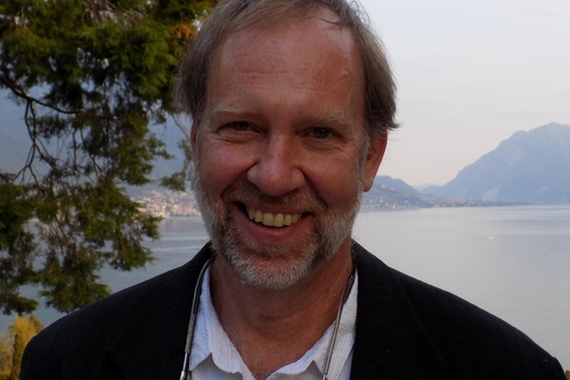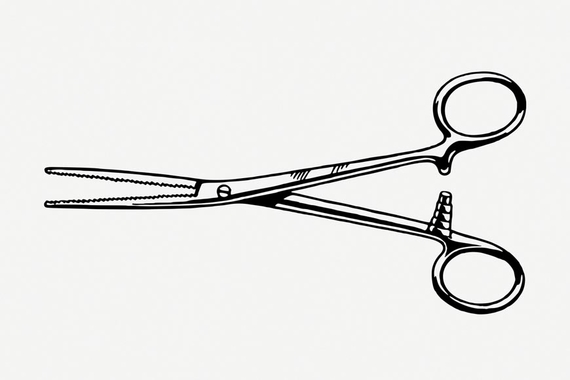Philosophy of Science and Scientific Practice
Max Dresow is the first to admit that he has had an unusual educational trajectory. Before he was a doctoral student in the Department of Philosophy, Dresow was enrolled in the Ecology, Evolution and Behavior graduate program. “I grew up in biology labs, not in a philosophy department,” he quips. But Dresow credits his own philosophical approach to his background in the natural sciences. “In order to do good philosophy of science, you need to know quite a lot about science, in addition to having a sensitivity to philosophical issues,” he explains, “and my background in biology has fostered such an appreciation of the sciences.”
Theory vs. Practice
Dresow points out that research in the philosophy of science has traditionally focused on the outcomes of scientific inquiry, like theories and explanations, rather than how scientific research is actually conducted. But Dresow opts for a more descriptive, on-the-ground approach to the philosophy of science. “It’s about seeing science in the making, rather than focusing exclusively on the results,” he explains. “When you’re doing philosophy of science, I think you need to attend very carefully to the practices of the scientists involved, understanding what they are actually doing in the context of their goals and standards.”
But what kinds of philosophical questions arise when attending to the practices of scientists rather than merely the results of their research? It’s a question that Dresow seeks to address in his doctoral dissertation, which focuses on how research is conducted and organized in historical sciences like paleontology. “I want my dissertation to be a textured, nuanced look at how paleontologists reconstruct past events and environments by integrating different lines of evidence,” he says.
A Niche for Philosophical Research
Dresow believes that the collaborative, interdisciplinary nature of contemporary scientific research has been too often ignored in the philosophy of science: “Scientific knowledge is deeply social,” he says. “Nowadays research is rarely carried out by a single person, but rather conducted by large teams of people with overlapping but distinct skills, experiences, and areas of expertise. But it’s still, unfortunately, the case that a lot of philosophical analyses proceed without taking that fact into consideration, thereby missing an entire dimension of scientific knowledge.”
In particular, Dresow thinks that more attention needs to be directed towards the notion of a scientific discipline: “We philosophers tend to think of scientific disciplines as resembling walled medieval cities,” he explains, “but contemporary scientific work is far less compartmentalized than it used to be. That’s something we haven’t adequately grappled with as a field.” According to Dresow, scientific disciplines are not walled-off cities so much as “tangled networks of connections,” and crucial to understanding how science works is tracing the kinks, knots, and intersections among these entangled activities.
Dresow thinks understanding how science works in terms of scientific practice is a niche that philosophers are particularly suited to fill. “Scientists think a lot about standards, methodology, and results, but they aren’t as keen on providing detailed accounts of how scientific knowledge-production actually works,” he explains. “Philosophers, trained in a particular use of abstract reasoning, thus have the opportunity to make a unique contribution to our understanding of science, and to raise penetrating questions about the nature of scientific inquiry.”
This story was written by an undergraduate student in CLA.



